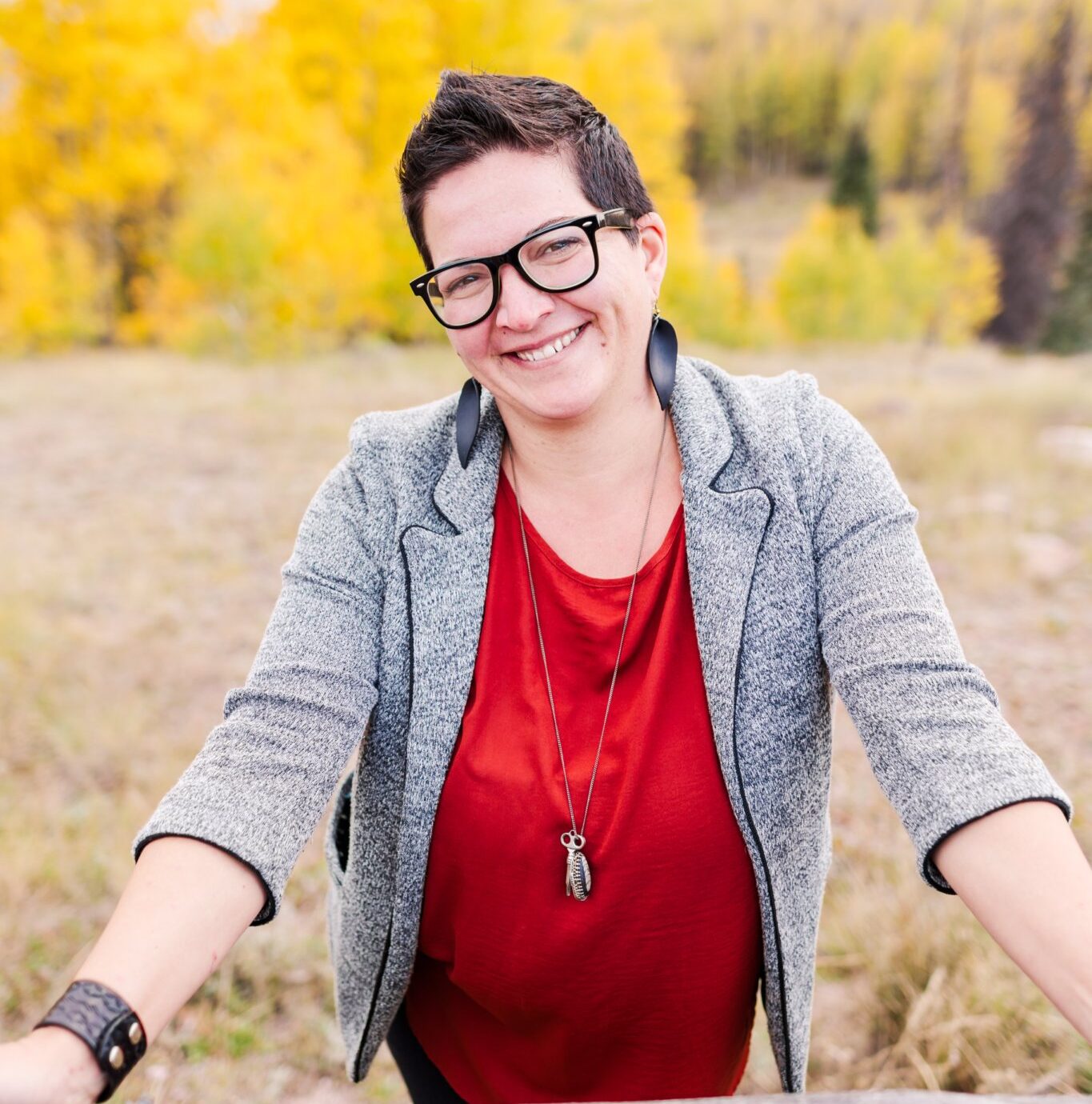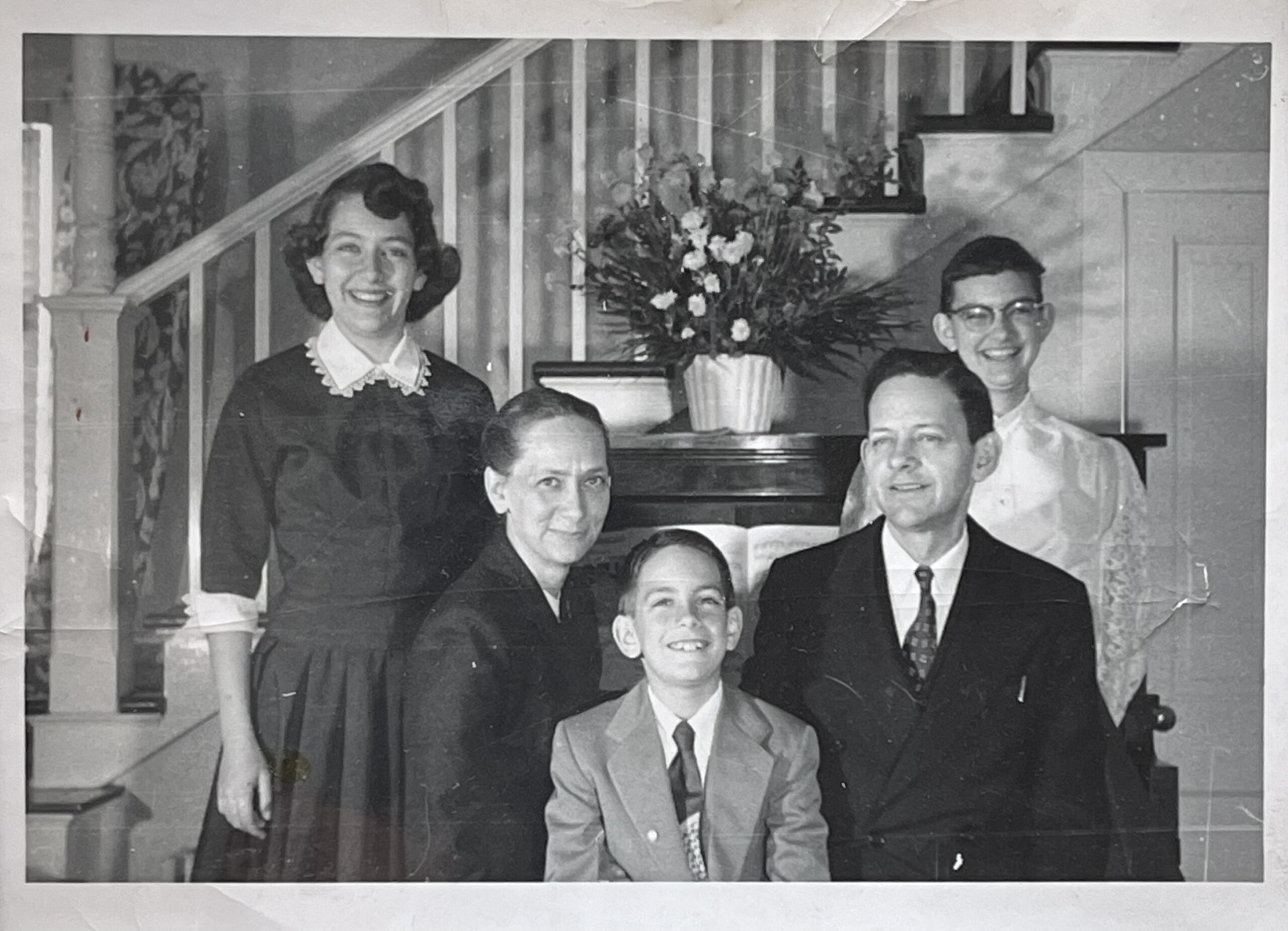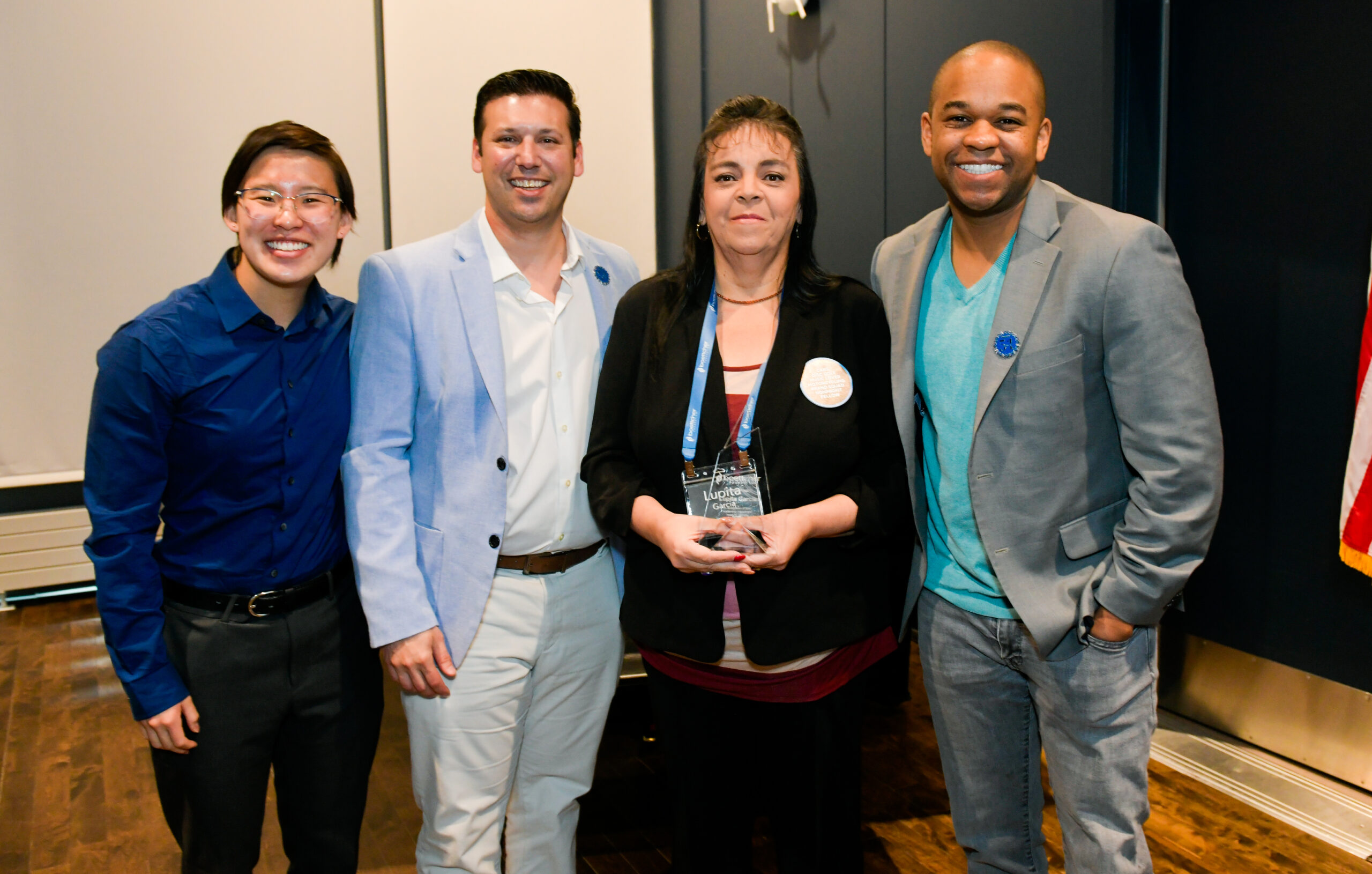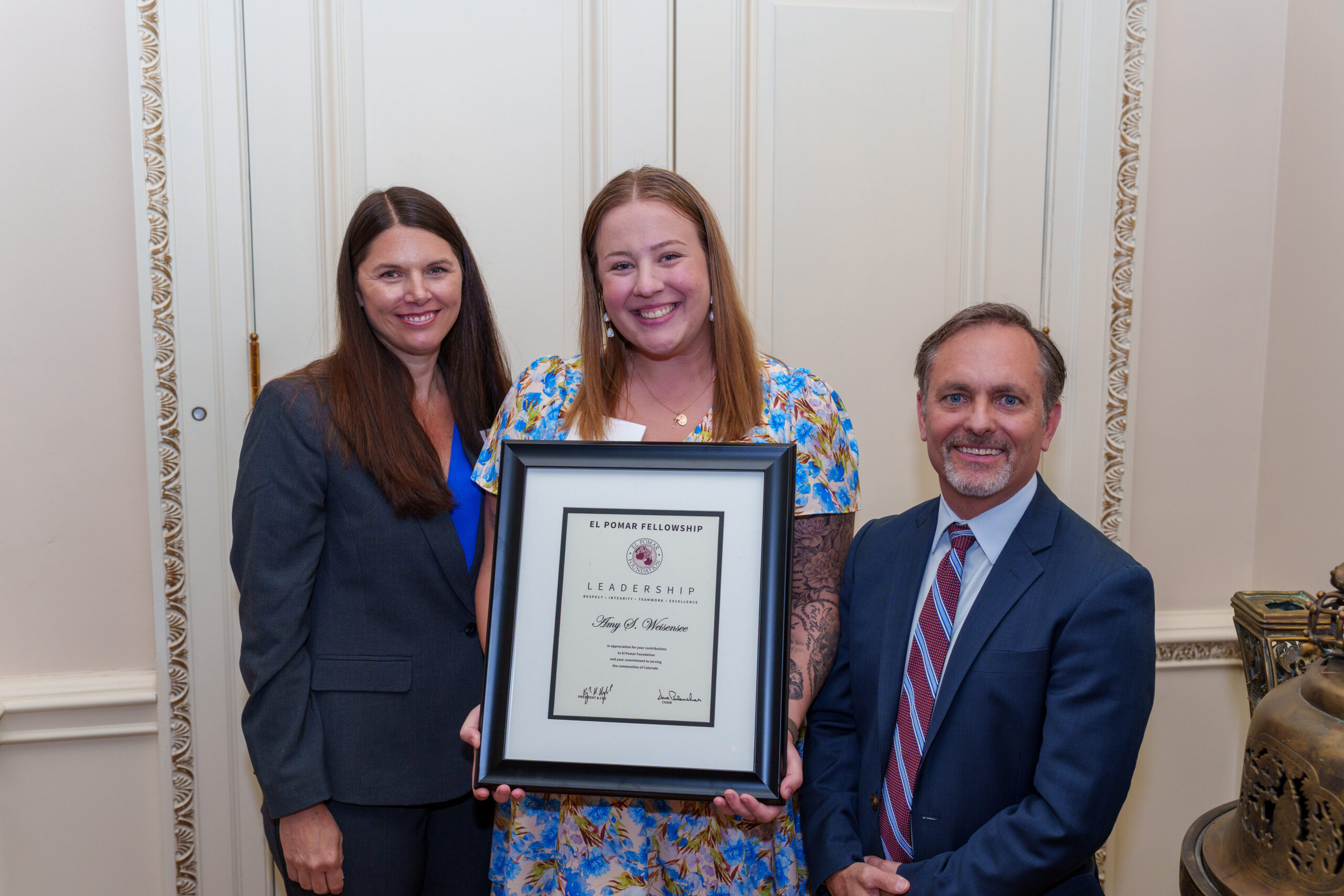Randi Snead proudly describes herself as a “local government nerd.” Her vibrant spirit and deep-rooted passion for supporting Colorado’s smallest towns transform that title into something far more powerful — a gift for weaving connections that bring communities together across the state.
Snead’s upbringing in Creede, a small town in south central Colorado with a population of fewer than 300, shaped her appreciation for the outdoors and for the unique character that rural towns offer. In 2002, she became a Boettcher Scholar and attended Colorado State University, where she initially thought she’d pursue a career in women’s studies and nonprofit leadership.
“Going to college and studying abroad was great, but it was a lot for me,” said Snead. “I needed a break from living in an urban setting and came back to Creede pretty quick.”
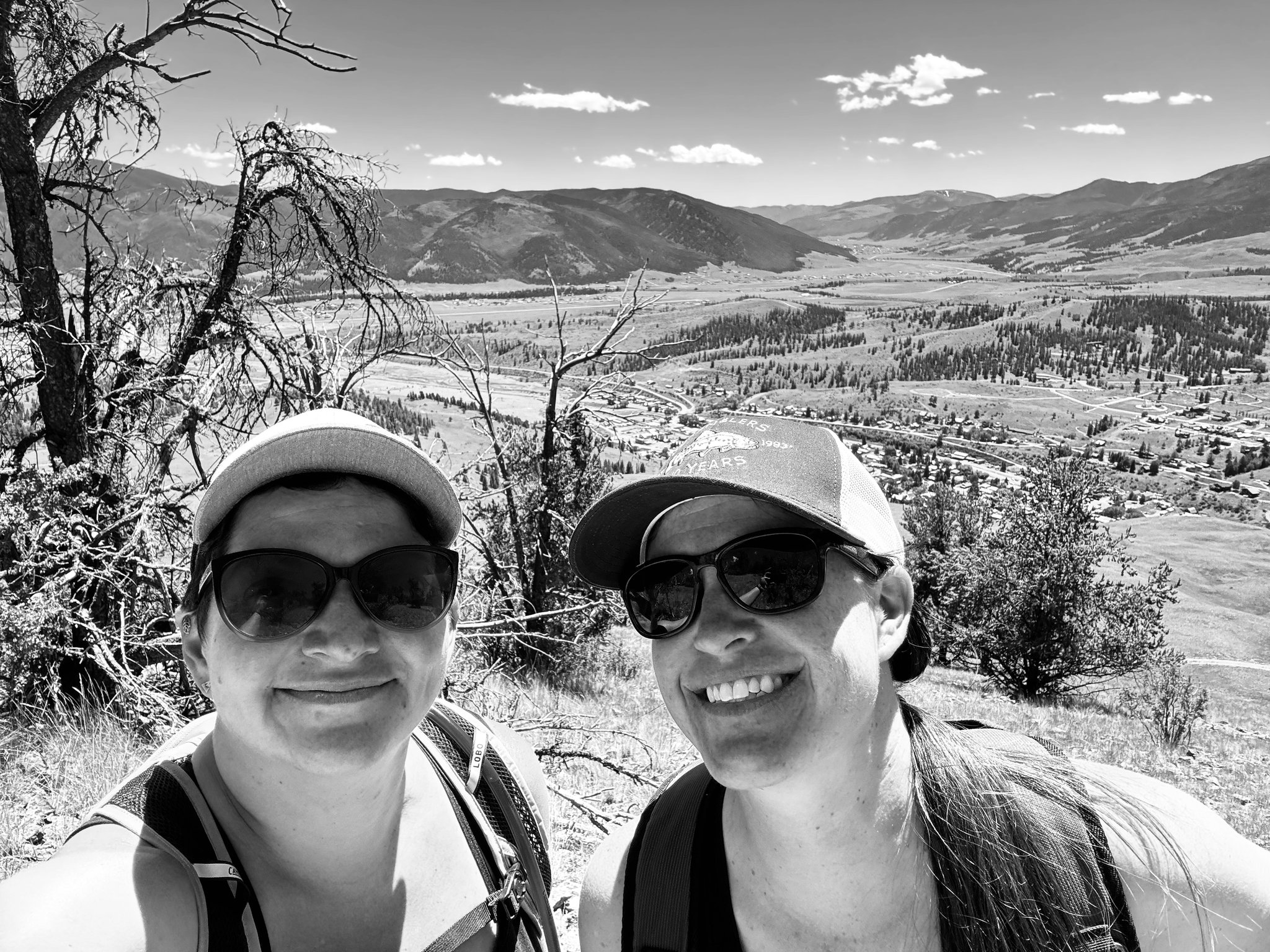
After working a string of jobs in the service and outdoor industries, the role of Creede City Clerk became available.
“I hadn’t thought much about local government then, but I liked the idea of working for everyone,” Snead said.
Preserving Creede’s heritage and community stewardship became incredibly important to Snead. That helped to solidify her commitment to serving small communities, she said.
Those early efforts marked the beginning of a seven-year chapter filled with lessons in policy, human nature, and the realities of local politics.
“Small town councils have the habit of kicking things down the road instead of getting things done,” said Snead. “But we did a lot of cool land use work and replaced infrastructure for this channel that runs through the middle of town that was starting to fail and could have been catastrophic.”
Additionally, Snead headed up the community’s 125th anniversary celebration, pursued parks and downtown improvements, secured grant funding, and helped Creede implement more effective budgeting practices.
During that time, Snead also earned a graduate degree from Adams State University, specifically geared toward small town management. The MPA degree recognized that often small-town management means leading city planning, emergency management, economic development, and more with a small staff, or even a team of one.
“I was well on my way to being a local government nerd,” Snead said. “You really have to be responsive and creative with very few resources. Local governments are my jam.”
That passion eventually brought her to Colorado’s Department of Local Affairs (DOLA), where she served as a regional assistant in 19 counties in the San Luis Valley and southeast Colorado.
Today, Snead is the south central regional manager for DOLA, which she describes as her dream job.
In her role, Snead helps mobilize state funding and technical assistance to advance DOLA’s mission of strengthening Colorado communities—often making projects possible that might not be otherwise.
For smaller towns, that can mean assisting with budgeting, resource allocation, and planning. Ultimately, she helps rural communities preserve their heritage while building resilience for the future.
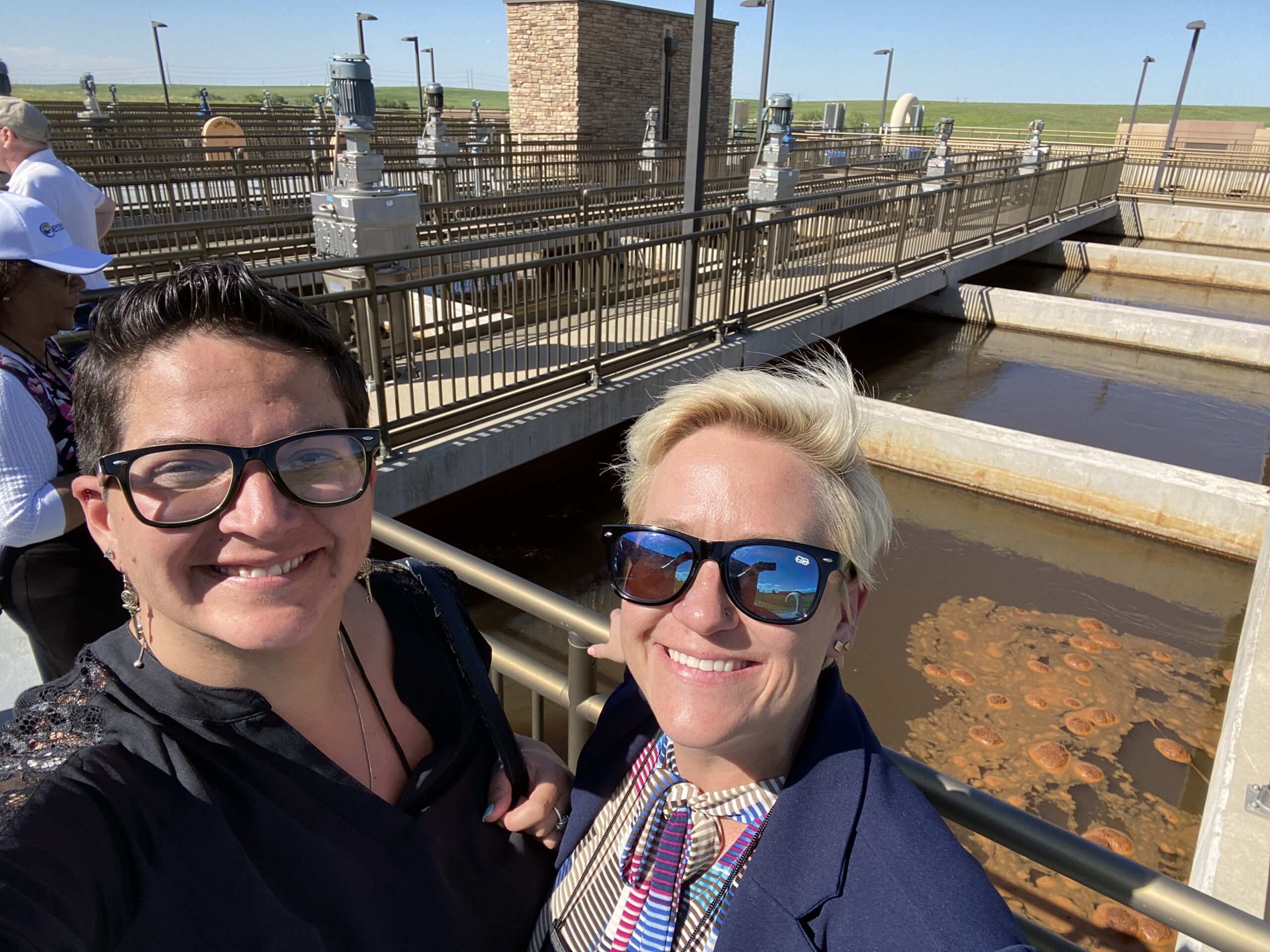
That’s easier said than done, as one of the biggest challenges facing rural areas is depopulation and disinvestment.
“It breaks my heart,” said Snead. “I think we need to figure out a way to reverse that trend, value the contributions of rural communities and find ways to integrate them into modern society. A thriving state needs both metro areas and small-town identities and industries. It’s important to have diverse communities informing the bigger pictures so that those voices help leaders develop resources for all.”
Beyond helping identify and allocate financial resources, Snead sees her role as being a connector.
“We consider our grants and offerings as a foot in the door,” she said. “Some communities can be insular and are not interested in outside resources. But when they get in a pinch, we can step in and help with not only financial resources but also pointing out good examples or people to connect with.”
This spirit of connection also informs her work on the Boettcher Foundation’s Rural Impact Advisory Committee, where she helps guide efforts to amplify the impact of grants and initiatives across rural Colorado.
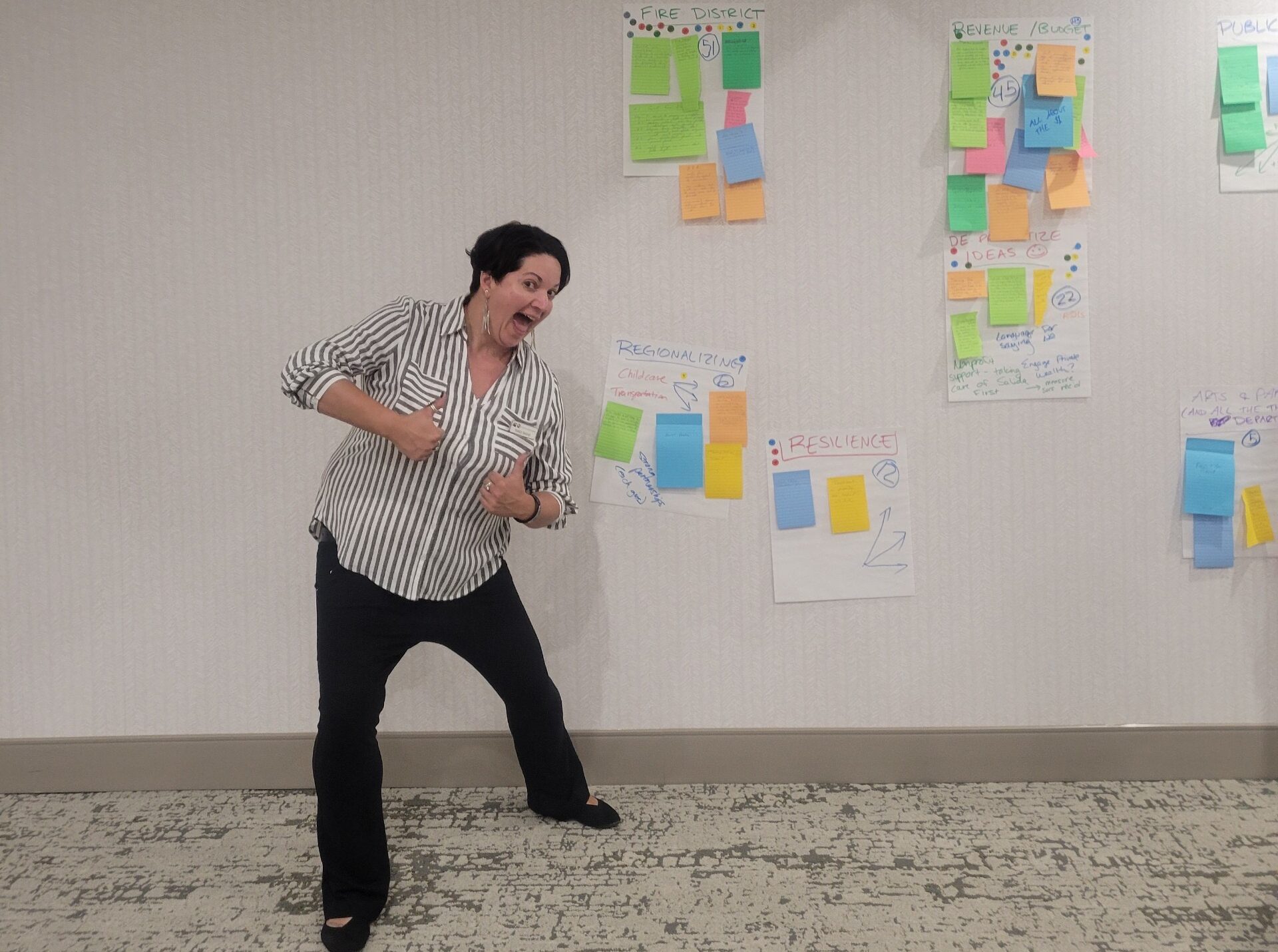
Living and working locally near the communities that Snead serves is critical to building trust and authentic relationships with her stakeholders.
She also shapes the next generation of local leaders as an adjunct instructor in Adams State University’s public administration program and as manager of DOLA’s Best and Brightest Fellowship—a pipeline connecting MPA students with careers in local government.
As Snead notes, local politics are not always devoid of national issues, but generally local communities are more focused on problem-solving and making their communities a better place to live. Their grit and resilience, and the way local leaders go above and beyond, is what inspires Snead to be a local government “lifer.”
“Making sure we are all connected is DOLA’s legacy — fostering regionalism, interconnectedness, and relationships.”
That’s the spirit of Boettcher.

